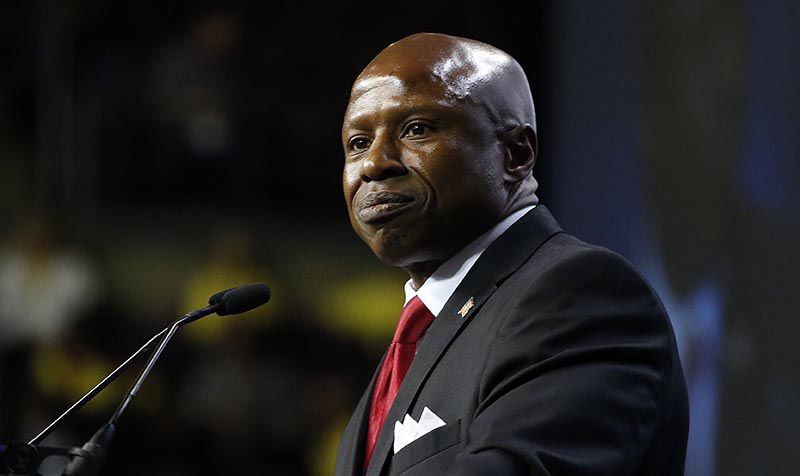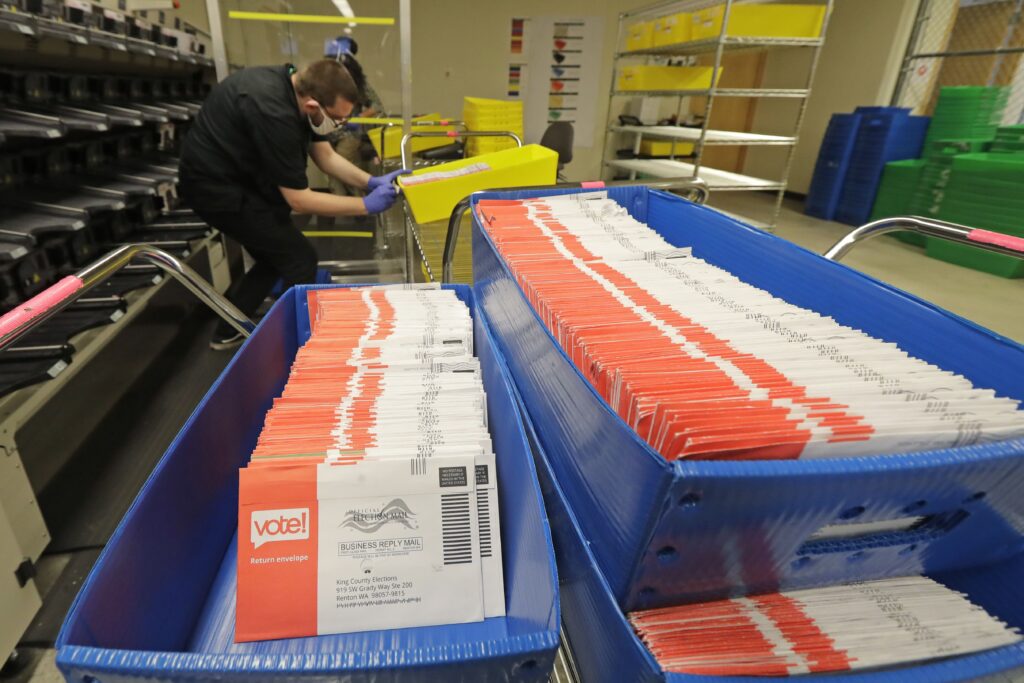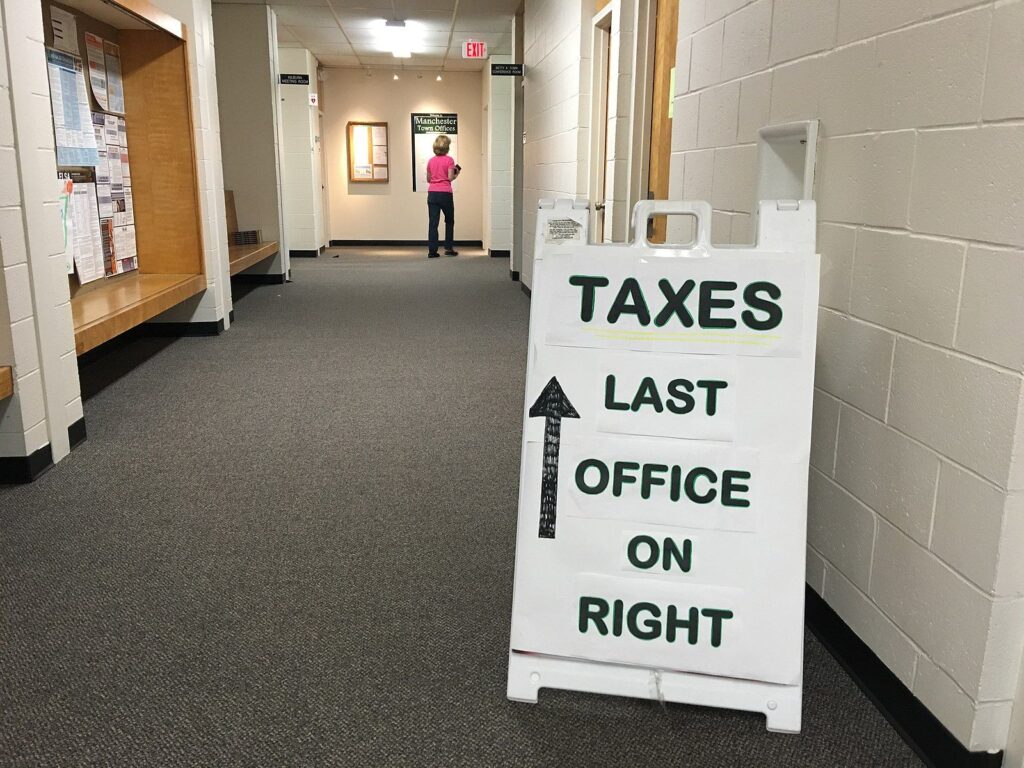Republican congressional candidate Darryl Glenn first to submit nominating petitions

Republican congressional candidate Darryl Glenn this week became the first candidate in Colorado to submit petitions signatures for the June primary ballot, ahead of the three other Republicans petitioning in the 5th Congressional District and dozens of other candidates circulating petitions to qualify for the primary.
“We like to lead from the front,” Glenn, an El Paso County commissioner and the GOP’s 2016 U.S. Senate nominee, told Colorado Politics. “I wanted to be the first candidate to file petitions.I want to put the 5th Congressional District on the map – we should be leading. We’re going to be out there laying an agenda. Our actions speak louder than words.”
Glenn is one of three Republicans mounting a primary challenge against six-term U.S. Rep. Doug Lamborn. Lamborn and his other GOP opponents, state Sen. Owen Hill, R-Colorado Springs, and former Texas state judge Bill Rhea, are all circulating petitions, although Lamborn and Hill have said they’re considering going through the caucus and assembly process in addition to or instead of petitioning.
To make the June 26 ballot, congressional candidates must collect 1,000 valid signatures from fellow party members registered in their district.
Glenn said his campaign turned in well above the required number – 1,700 signatures, all gathered by volunteers.
“Our signatures were gathered by core members of our team,” he said. “I started out on city council – that’s how you get on the ballot. We’re very comfortable with it and didn’t have to hire one of those firms. We spent a lot of time talking to people about the issues they’re concerned about.”
The deadline to submit petitions is March 20. Candidates with approved formats were able to start gathering signatures on Jan. 16.
Candidates who turn in their petitions ahead of their primary rivals have a big advantage because state law forbids voters from signing more than one petition for the same office. Once a voter’s signature has been verified for one candidate, the same voter can’t be counted on a competitor’s petition – potentially stymying candidates who don’t know whether voters have signed more than once. The secretary of state processes petitions in the order they’re received.
The petition approval process will be more painstaking this year than in previous cycles. Following a scandal involving forged signatures on a U.S. Senate candidate’s petitions in 2016, state law mandates election officials verify that every signature matches the ones on file, in addition to confirming other details in a voter’s registration record.
In the last election, Glenn was the only Republican to make the crowded U.S. Senate primary ballot without petitioning. After delivering a rousing speech at the state assembly in Colorado Springs, the underdog wound up winning the support of just over 70 percent of the delegates – enough to dash the hopes of another nine candidates seeking the nomination via assembly. Candidates qualify for the primary by winning the votes of at least 30 percent of delegates.
Four other Republicans who petitioned joined Glenn on the primary ballot last time, but only one of them – former Colorado State University athletic director Jack Graham – made it without having to take the state to court to force officials to validate a sufficient number of signatures.
Glenn won the five-way primary but failed to unseat Democratic incumbent U.S. Sen. Michael Bennet, falling 5.7 points short.
This year, precinct caucuses are March 6 and congressional district assemblies are later in March and early April. Both parties are holding their state assemblies on April 14 – the Republicans in Boulder and the Democrats in Broomfield.
According to the secretary of state’s office, a record 59 candidates have pulled petitions for offices ranging from state representative to governor, in addition to Congress.
The signature requirement for statewide races – governor, attorney general, state treasurer, secretary of state and at-large University of Colorado regent – is substantially higher than for Congress. Statewide offices take 1,500 signatures from each of the state’s seven congressional districts, for a total of 10,500. Candidates for state representative require 1,000 signatures and state Senate candidates take 1,500.
Along with Lamborn, Hill and Rhea, the three Democrats running in the heavily Republican 5th District have also gotten the OK to circulate petitions. They are Stephany Rose Spaulding, Betty Field and Lori Furstenberg.
Glenn said he was ready to shift gears in his campaign.
“We’re excited to kick into phase two. We’re going to take our message across the district. Now the hard work begins,” he said.
“It isn’t just hard,” Glenn added. “It’s fun.”














